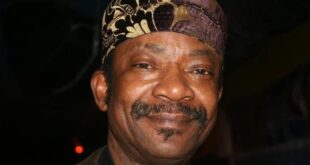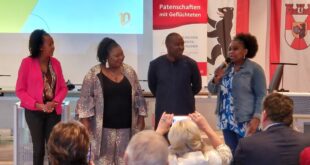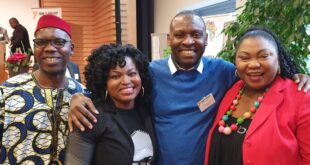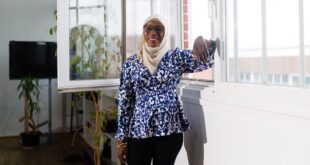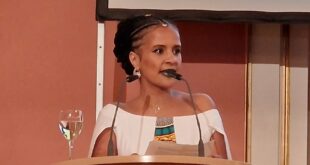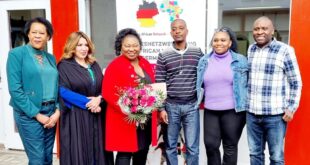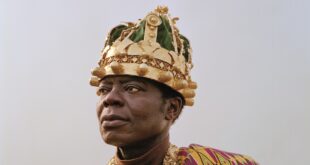The United Nations Working Group of Experts on People of African Descent undertook its first official visit to Germany from 20 to 27 February to study the human rights situation of Black people in the country.
They met representatives of the Federal and State Governments, Members of Parliament (Bundestag), representatives of national and state-level human rights institutions, and civil society in Dessau, Dresden, Frankfurt, Wiesbaden, Düsseldorf, Cologne, Hamburg and Berlin. Our correspondent Nelly Sarpong reports on the Black Community’s interaction with the UN Experts in the federal capital on 25 February.
The town hall meeting in Berlin was addressed by the UN experts – Mr Ricardo A. Sunga III (the Philippines), current Chair-Rapporteur; Ms. Mireille Fanon Mendes-France (France) and Mr Sabelo Gumedze (South Africa). The event was attended by representatives of the Black community organisations, civil society groups, the media, as well as individuals working on issues of racism and racial discrimination.
No topic was off limits on the human rights situation of Black people living in Germany: racism, discrimination, xenophobia, Afrophobia etc.

Speakers, representing the Black community in Germany, touched all the areas of concern – recognition, education, media, justice, employment, women, politics, children and organisations.
The lack of public awareness of German participation in the European colonial occupation and exploitation of Africa was discussed. Streets are still named after people who were active participants in colonialism and there are street names which degrade people of African descent. An example of such street names is the ‘Mohrenstrasse’ in Berlin.
READ ALSO International Decade for People of African Descent launched in Germany
The German media also promotes the stereotyping of people of African descent by focusing only on negative news affecting the continent and leaving out stories portraying the achievements of the continent and its people.
“The media’s portrayal of Africans as poor, diseased, hungry people goes a long way to ginger acts of racism and discrimination” against them, said one contributor at the meeting.
Racism was also rife in the field of education through discrimination against students of African descent. Few Black students are able to attain their full academic potential since they are rarely given the chance so to do, said another speaker.
Discrimination in employment was another topic of concern. In Germany people of African descent seem to be relegated to menial jobs irrespective of their qualifications. This is why Blacks are seldom found in “white-collar jobs”.

Women of African descent especially bear the brunt of racism and discrimination at the workplace, in school and in their everyday lives on account of being women and Black.
Racial profiling was also talked about. A widespread practice whereby Black people are singled out for identity control checks in the public which demeans the victims.
Speakers would like a greater representation of people of African descent in politics. Though there are two members of the federal parliament (Bundestag) of African origin, Black people are totally unrepresented in most local councils and state legislatures in the country. This means that issues concerning them don’t have advocates at the right places.
Participants urged the UN working group to ensure that their concerns reach the appropriate quarters in order for their cries to be heard.
The mission of the UN experts also promotes the International Decade for People of African Descent (2015-2024), which aims both to highlight the contribution of Black people to societies and to strengthen national, regional and international cooperation to ensure their human rights are respected, protected and fulfilled.
The Working Group will present a report containing its findings and recommendations to the United Nations Human Rights Council in September 2017.
 THE AFRICAN COURIER. Reporting Africa and its Diaspora! The African Courier is an international magazine published in Germany to report on Africa and the Diaspora African experience. The first issue of the bimonthly magazine appeared on the newsstands on 15 February 1998. The African Courier is a communication forum for European-African political, economic and cultural exchanges, and a voice for Africa in Europe.
THE AFRICAN COURIER. Reporting Africa and its Diaspora! The African Courier is an international magazine published in Germany to report on Africa and the Diaspora African experience. The first issue of the bimonthly magazine appeared on the newsstands on 15 February 1998. The African Courier is a communication forum for European-African political, economic and cultural exchanges, and a voice for Africa in Europe.






